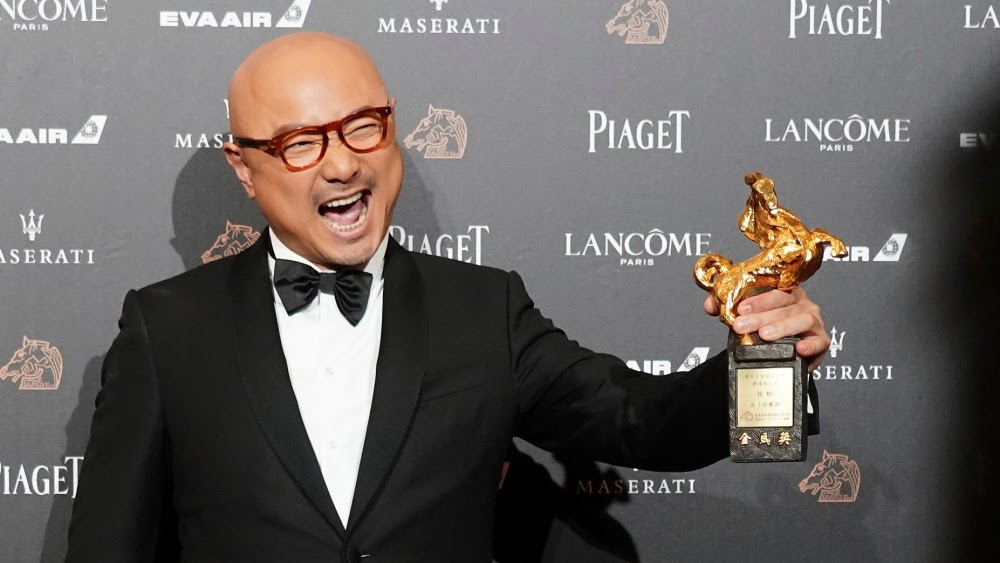Movie theater workers in China are unexpected victims of Wuhan coronavirus outbreak
Chinese top comedy hitmaker Xú Zhēng 徐峥 has found himself in hot water after moving up the release date of his latest project, Lost in Russia (囧妈 jiǒngmā), to January 24 — the day of this year’s Chinese New Year's Eve — one day earlier than scheduled. The unexpected decision has drawn a great deal of ire from movie theater workers, who blasted the director for making the New Year’s Eve a working day for them because of the big-name release.

Chinese top comedy hitmaker Xú Zhēng 徐峥 has found himself in hot water after moving up the release date of his latest project, Lost in Russia (囧妈 jiǒngmā), to January 24 — the day of this year’s Chinese New Year’s Eve — one day earlier than scheduled. The unexpected decision has drawn a great deal of ire from movie theater workers, who blasted the director for making the New Year’s Eve a working day for them because of the big-name release.
The Chinese movie industry has a longtime tradition that distributors avoid launching new films on New Year’s Eve so that movie theater workers can clock out early to spend the night with their families. But in a last-minute decision, Xu announced on January 20 that Lost in Russia would come to theaters sooner than expected, citing demands from passionate fans.

Xu’s explanation was met with a groundswell of skepticism from movie theater workers, who argued that the move was simply profiteering, given the sensitive timing of the movie’s release, which has inauspiciously coincided with the Wuhan coronavirus outbreak. The SARS-like virus has claimed the lives of 17 people over the past few weeks, so the Chinese public is naturally wary of gathering in crowded places like movie theaters. In the eyes of angry theater employees, Xu’s move was an attempt to reap what profits he could in case the coronavirus outbreak destroys China’s box office over the Chinese New Year holiday period, which is considered a golden week for movie producers and theaters.
“Did it ever cross your mind that theater workers also have families? Their moms are looking forward to seeing them. Does it bother you at all to maximize your profits at the expense of many people’s happiness?” a Weibo user wrote. Sharing the same sentiment, another person wrote in rage, “So we are deprived of having a lovely Chinese New Year while you relax in your mansion or on a luxurious vacation?”

To make things worse, Xu’s decision also caused two other movies, Leap (夺冠 duóguàn) and The Wild Life (熊出没 xióngchūmò), to change their original release dates to hit theaters on the same day.
Annoyed by the whole situation, director Chén Sīchéng 陈思诚, whose highly anticipated Detective Chinatown 3 (唐人街探案3 tángrénjiē tànàn 3) is still scheduled to come out on January 25 as planned, took to Weibo to throw some subtle shade on Xu. In a post (in Chinese) published on January 21, Chen wrote, “Every movie has its fate, just like a person or a nation. As content creators, all we can do is make good movies and optimize their distribution without harming the industry or our peers. I pray in this difficult time, hoping for the best. As for the rest…I trust my country in regard to the outbreak. I trust audiences in regard to my movie.”
In response to a torrent of criticism, Xu apologized (in Chinese) to movie theater employees in a Weibo post on January 20. Noting that he was aware of the complaints, Xu admitted to moving up the release date for the sake of box office performance. He also announced that driven by the guilt he felt, he had contacted some movie theater chains to give their employees some extra pay as a form of compensation.






